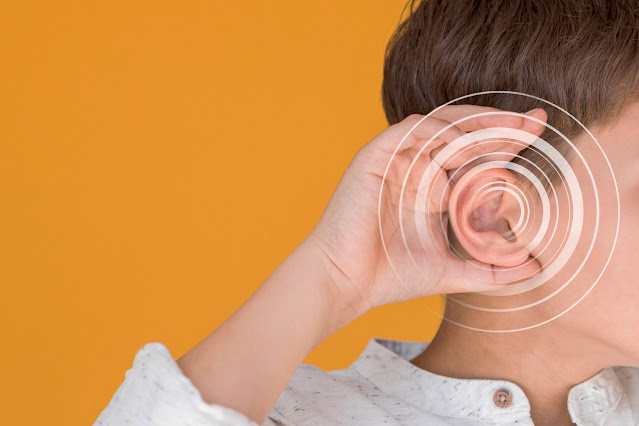Coping Strategies For Living With Sensorineural Hearing Loss
One of the strategies for managing SNHL is the use of hearing aids or other assistive listening devices. Widex is a leading manufacturer of hearing aids and offers a range of innovative products that can help individuals with SNHL to hear more clearly and effectively. Their latest hearing aids use advanced technology to provide a natural and personalized listening experience. While the cost of hearing aids or ear machines may vary, it's important to consider the potential benefits in terms of improved communication and quality of life. Overall, it's important for individuals with SNHL to explore their options and work with a healthcare professional to find the best solution for their unique needs.
Here Are
Some Coping Strategies For Living With Sensorineural Hearing Loss:
● Hearing aids and cochlear implants: Hearing aids and cochlear implants are two of the
most common treatment options for individuals with SNHL. Hearing aids amplify
sounds and make them easier to hear, while cochlear implants bypass damaged
parts of the inner ear and directly stimulate the auditory nerve. Both devices
can significantly improve communication and quality of life for people with
SNHL.
● Communication strategies: Communication can be difficult for individuals with SNHL,
especially in noisy environments or when talking with multiple people at once.
Some strategies that can help include asking people to speak slowly and
clearly, facing them directly, and repeating or rephrasing information if
necessary. It can also be helpful to use visual cues, such as gestures or
facial expressions, to supplement verbal communication.
● Assistive listening devices: Assistive listening devices (ALDs) are devices that help
amplify sound and improve communication in specific situations. For example,
personal FM systems can be used in classrooms or other settings to amplify the
teacher's voice, while telecoil systems can be used in theatres or other public
spaces to directly connect hearing aids or cochlear implants to the sound
system.
● Support groups: Living with SNHL can be isolating and challenging, but there are many
support groups and organizations that can provide emotional support and
practical advice. These groups can also offer resources for coping with
specific challenges, such as workplace accommodations or navigating healthcare
systems.
● Self-care:
Taking care of oneself is important for overall health and well-being, but it
can be especially important for individuals with SNHL. Some self-care
strategies that can help include getting enough sleep, eating a healthy diet,
exercising regularly, and managing stress through activities such as meditation
or mindfulness.
● Education and advocacy: Education and advocacy can be powerful tools for individuals
with SNHL. Learning about one's condition and advocating for one's needs can
help to reduce stigma, increase access to resources, and improve quality of
life.




Comments
Post a Comment